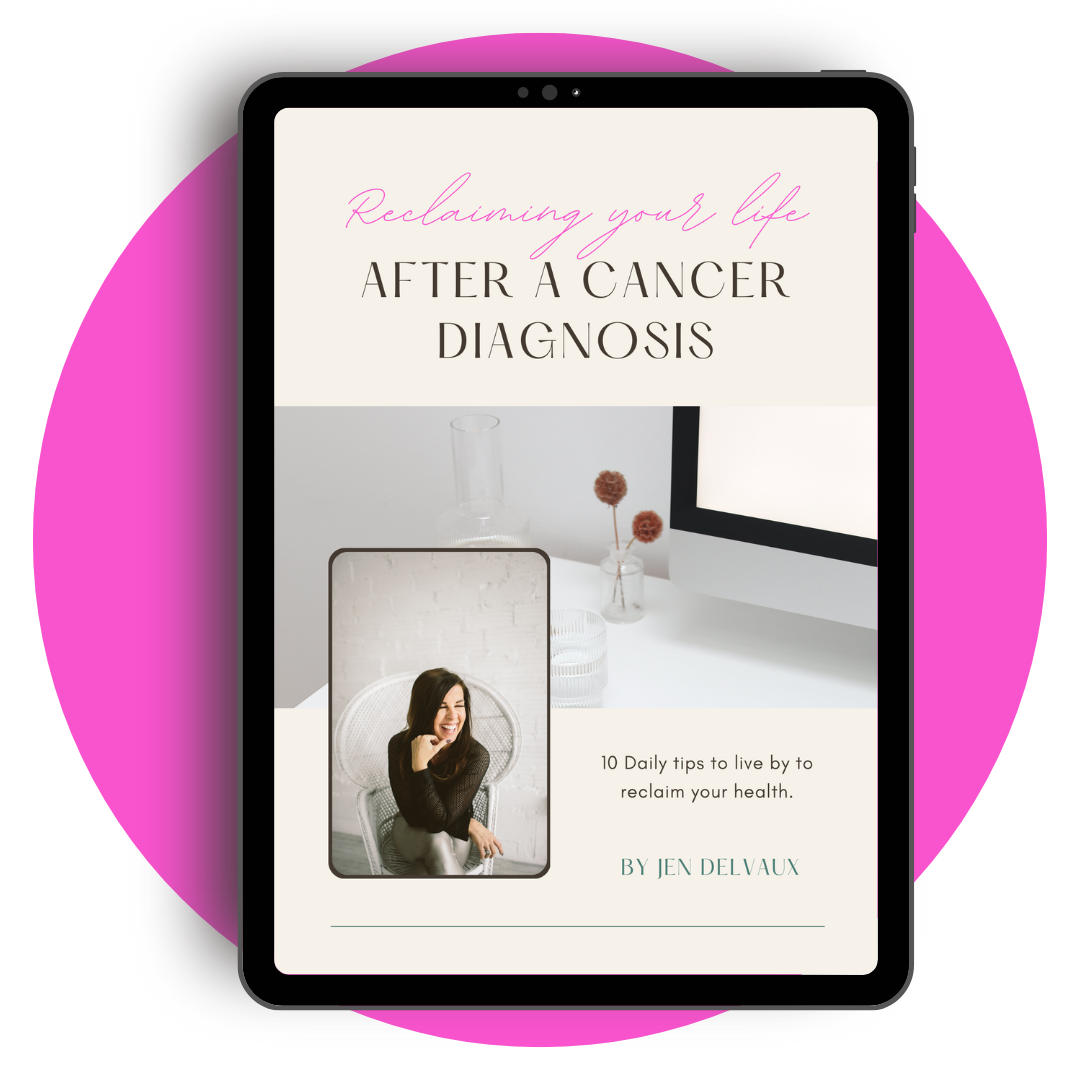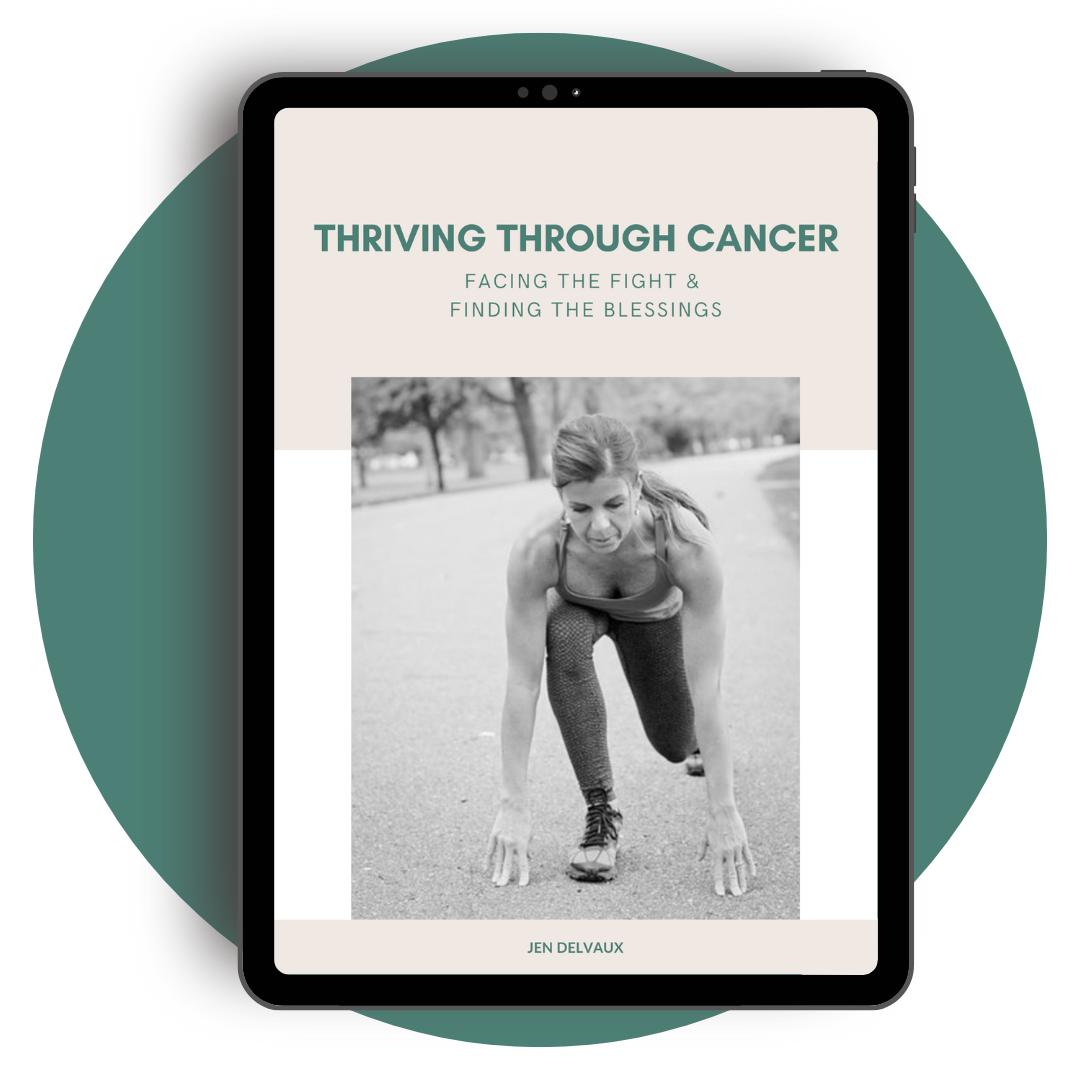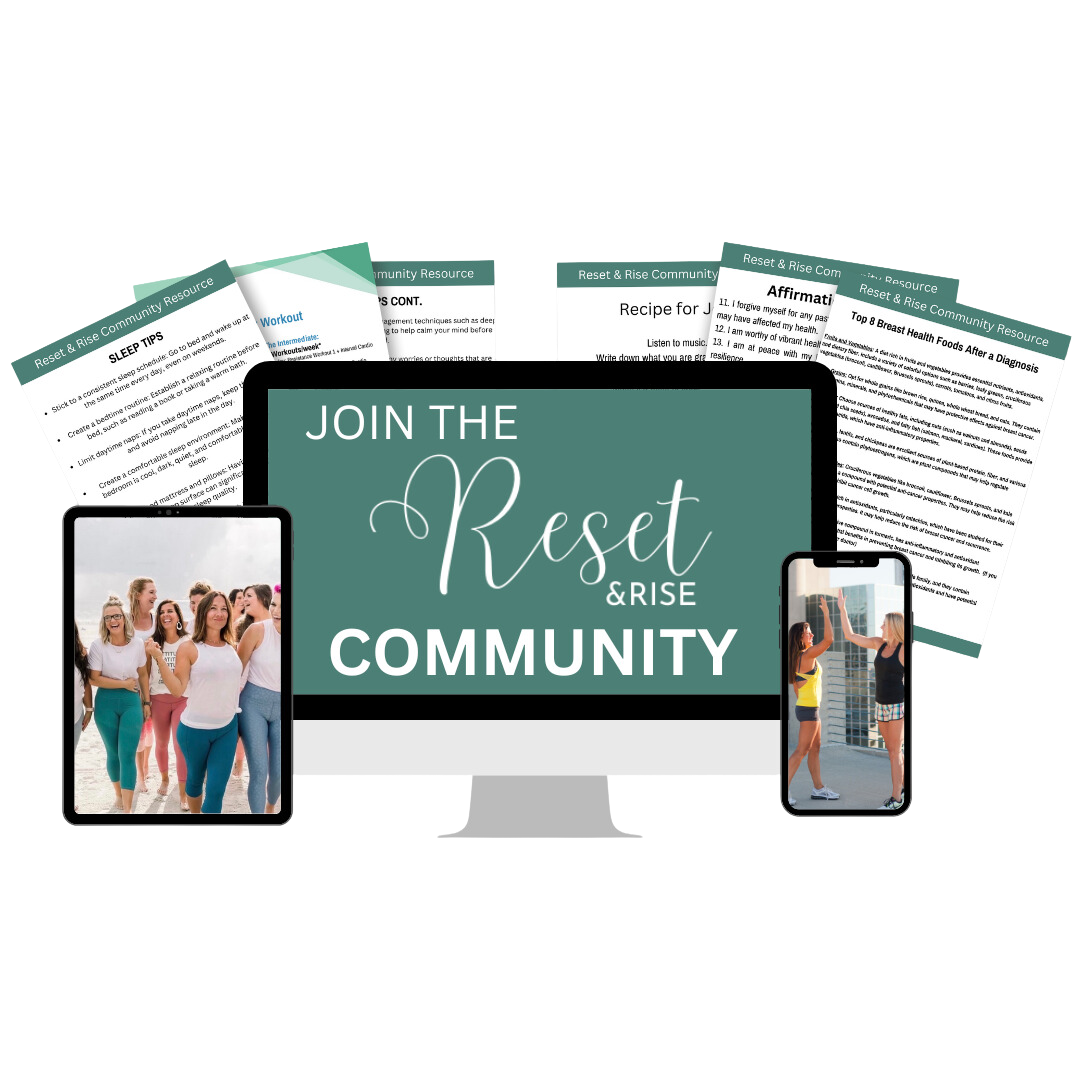What I Believe Contributed to My Breast Cancer Diagnosis (And What I’ve Changed)
Dec 13, 2024
February 22, 2021 is a date I’ll never forget—the day I was diagnosed with breast cancer. Since then, I’ve spent countless hours reflecting on my life before the diagnosis. Were there habits or choices that unknowingly played a role in my health? The answer isn’t black and white, but through research and introspection, I’ve identified some areas that may have contributed to my diagnosis.
Before I dive in, let me say this: this is not about blame or regret. It’s about empowerment. My goal in sharing this is to inspire awareness, so you can take small but meaningful steps to protect your health.
1. My Nightly Wine Habit
Like many, I enjoyed a glass of wine—or two—most nights. It felt like self-care at the end of a long day. What I didn’t know then was how even moderate drinking can affect our health, particularly when it comes to breast cancer risk.
Recent research shows that alcohol increases estrogen levels and impacts DNA repair. Studies suggest that even one drink a day can increase breast cancer risk by 7-10%. While I can’t say for sure that my nightly wine habit was a direct contributor, I now see it as one piece of the puzzle.
What I’ve Changed:
These days, I’ve swapped wine for my favorite Cacaco Adptogen, tea or alcohol-free mocktails. Cacao Adptogen is my evening go-to, but I also love experimenting with mocktail recipes that feel just as indulgent. I’ve also embraced new evening rituals, like journaling or stretching, to help me unwind without relying on a drink.
2. Chronic Stress
Stress was my baseline for years. I juggled work, family, my husband's brain cancer diagnosis and the constant pressure to do it all. While I thought I was managing fine, the truth is, chronic stress can have profound effects on our health.
Stress raises cortisol levels, disrupts hormone balance, and weakens the immune system—all factors that can contribute to disease. For me, the wake-up call came when I started noticing how much stress impacted my energy, sleep, and overall wellbeing.
What I’ve Changed:
Now, I make stress management a priority. I meditate daily (even just 5 minutes helps), set boundaries around work, and carve out time for restorative activities like yoga or nature walks. Stress might always be a part of life, but how we respond to it makes all the difference.
3. Not Eating Enough Fiber or Food Diversity
I used to think eating healthy meant avoiding junk food. While that’s part of it, I didn’t realize the importance of fiber and food diversity in supporting gut and hormone health.
Fiber helps regulate estrogen levels by binding excess estrogen in the gut, while a diverse diet feeds good gut bacteria, supporting immunity and reducing inflammation. At the time, my meals were often repetitive and lacked the variety my body needed.
What I’ve Changed:
I’ve since embraced the goal of eating 30+ plant-based foods a week. This includes vegetables, fruits, legumes, organic non gmo soy, nuts, seeds, and even spices. I’ve also added fermented foods like kimchi and sauerkraut to my diet, which support gut health and hormone balance.
4. Exposure to Endocrine-Disrupting Chemicals (EDCs)
Like most people, I didn’t think twice about the candles I burned, the perfume I sprayed, or the cleaners I used. What I didn’t know was that many of these products contain endocrine-disrupting chemicals (EDCs) that can mimic or interfere with our hormones.
EDCs are found in everything from plastics to personal care products, and they accumulate in our bodies over time. For someone like me with a hormone-sensitive cancer, this was a hard truth to face.
What I’ve Changed:
I’ve switched to non-toxic products wherever possible. I replaced synthetic candles with beeswax alternatives, swapped my perfume for essential oil blends, and now use non-toxic cleaning products. Hugh & Grace has been a lifesaver in this area with their hormone-safe, third-party-tested skincare and wellness products. You can check it out HERE.
5. Not Understanding My Body
Before my diagnosis, I relied on yearly checkups and didn’t pay much attention to what my body was trying to tell me. I didn’t know my hormone levels, and I wasn’t proactive about understanding my unique health risks.
What I’ve Changed:
Now, I prioritize regular testing, self-awareness, and education. I’ve learned the importance of knowing my body’s baseline and advocating for my health in medical settings.
This is where Midi Health has been a game-changer for me. Their Survivorship Program is designed for women navigating life after a cancer diagnosis, focusing on hormonal health, personalized care, and overall wellness. Midi Health offers virtual appointments with specialists who truly understand the complexities of midlife and survivorship care. If you’re looking to reclaim your health, I highly recommend checking them out.
Small Changes, Big Impact
I share these lessons not to overwhelm but to empower. Change doesn’t have to be all or nothing—it starts with small, intentional steps. Maybe you replace one product with a safer alternative, or you experiment with one new stress-relief practice. Every positive change adds up.
If you’re ready to take control of your health, I encourage you to explore programs like Midi Health’s Survivorship Program. It’s never too late to invest in yourself and your future.
Let’s keep the conversation going! What’s one area you’d like to focus on for your health? Share your thoughts below or message me—I’d love to hear from you.
Here’s to progress, not perfection.








